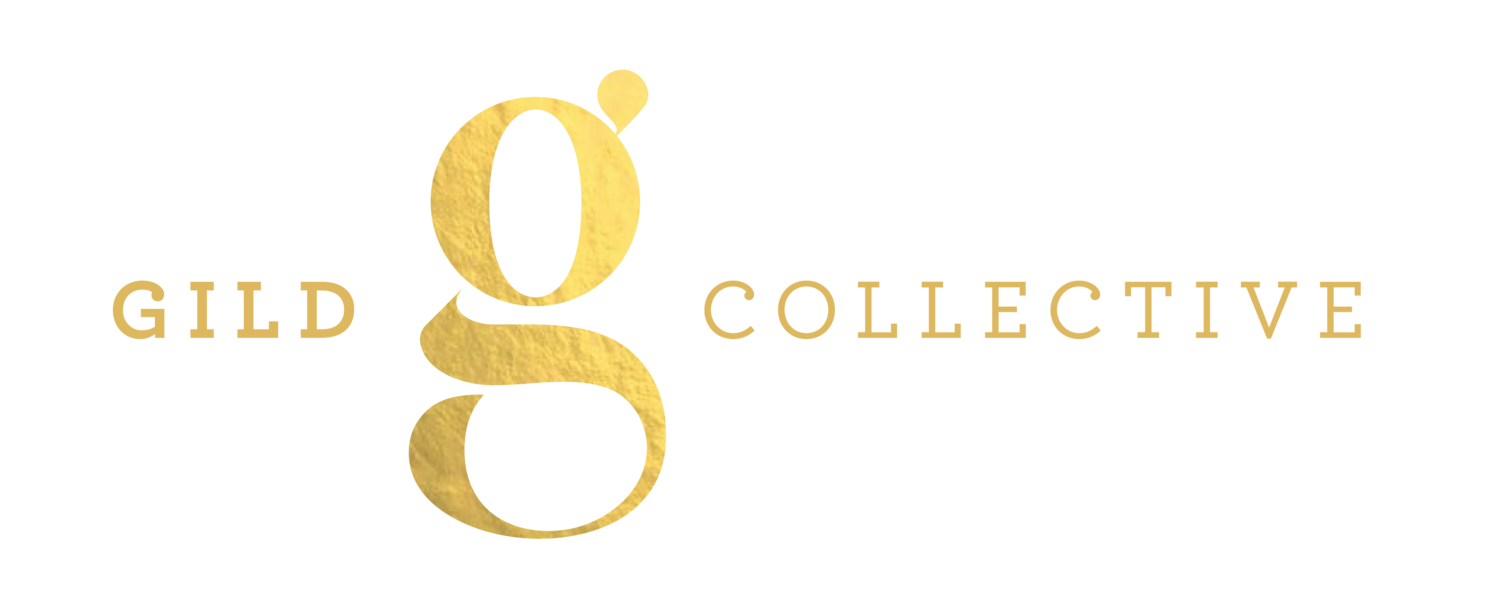Gender equity is a compelling and transformative notion that drives society towards fair and equitable treatment of all genders. It goes beyond merely advocating for sameness, but rather for recognizing and addressing distinct and diverse female and male needs. This is underpinned by the understanding that a society where every individual, regardless of their gender, has equal opportunities and resources is more likely to flourish than a society where gender biases prevail.
Implementing a gender equity program helps to eradicate harmful stereotypes, biases, and discriminatory practices that have kept women and men boxed into specific roles. The Melinda Gates Foundation, through their gender equality division, stands out as a significant advocate in this arena, proving that an equitable society can indeed be a reality.

